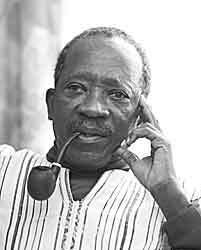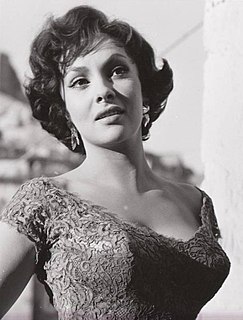A Quote by Peter Greenaway
If you think about it, most cinema is built along 19th-century models. You would hardly think that the cinema had discovered James Joyce sometimes.
Related Quotes
I think cinema is needed throughout Africa, because we are lagging behind in the knowledge of our own history. I think we need to create a culture that is our own. I think that images are very fascinating and very important to that end. But right now, cinema is only in the hands of film-makers because most of our leaders are afraid of cinema.
I think what I loved in cinema - and what I mean by cinema is not just films, but proper, classical cinema - are the extraordinary moments that can occur on screen. At the same time, I do feel that cinema and theater feed each other. I feel like you can do close-up on stage and you can do something very bold and highly characterized - and, dare I say, theatrical - on camera. I think the cameras and the viewpoints shift depending on the intensity and integrity of your intention and focus on that.
More than my other films, Uncle Boonmee is very much about cinema, that's also why it's personal. If you care to look, each reel of the film has a different style - acting style, lighting style, or cinematic references - but most of them reflect movies. I think that when you make a film about recollection and death, you have to consider that cinema is also dying - at least this kind of old cinema that nobody makes anymore.



































